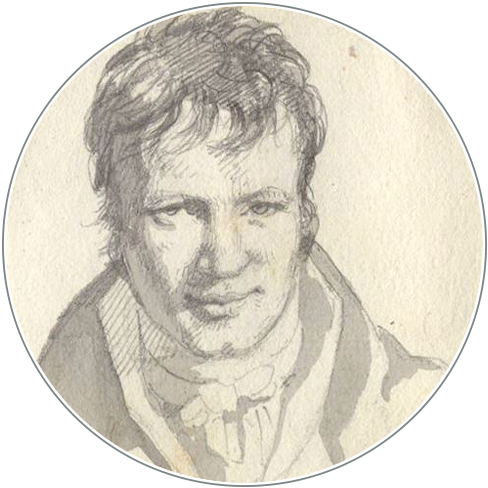El “Museo histórico indiano” de Lorenzo Boturini Benaduci y los esfuerzos del erudito alemán Alejandro de Humboldt para preservar sus restos para una interpretación científica
DOI:
https://doi.org/10.18443/36Schlagworte:
1799-1804, 1803, indianische Kunst, Lorenzo Boturini Benaduci, México, Museo histórico indianoAbstract
Resumen
El erudito alemán Alejandro de Humboldt que visitó México en 1803, desarolló en favor de una interpretación científica muchos esfuerzos para preservar los restos del “Museo histórico indiano” recolectado medio siglo antes por el italiano Lorenzo Boturini Benaduci, y confiscado por la administración virreinal. El destino del poco afortunado coleccionista, sus ideas y el fracaso de sus intenciones provocaron una nueva búsqueda de los motivos y los resultados. Se discute el valor de las fuentes especialmente sobre los autóctonos del México prehispánico que están a disposición de la ciencia. Se pregunta por las oportunidades y dificultades de recolectar documentos durante el tiempo colonial, y dentro de esto el caracter extraordinario y la eminente importancia de la colección de Boturini. Además se valora las obras de Boturini para la historia de la antropología americana.
Abstract
The famous German scientist Alexander von Humboldt visited Mexico in 1803. He made several efforts to preserve the remainders of the so called ”Museo histórico indiano” which had been collected about fifty years before by the Italian Lorenzo Boturini Benaduci and which was at that time confiscated by the viceroyal administration. The fate of the unfortunate collector, his ideas and the failure of his intentions have caused new research into his motives and the results of his efforts. A discussion of the value of sources available to scholars which are related to the original inhabitants of the precolonial Mexico seems to be justified. The paper will discuss the opportunities and difficulties in collecting documents at the time of the Spanish dominion, and within that time the extraordinary character and eminent importance of Boturini’s collection. Moreover, it is evaluating his academic work for American anthropology.
Veröffentlicht
Zitationsvorschlag
Ausgabe
Rubrik
Lizenz
Copyright (c) 2003 Ursula Thiemer-Sachse

Dieses Werk steht unter der Lizenz Creative Commons Namensnennung - Nicht-kommerziell 4.0 International.
Die Rechte der eingesandten Artikel bleiben bei den Autoren und werden unter einer Creative Commons-Lizenz (CC BY-NC 4.0) veröffentlicht. Alle bei HiN publizierenden Autorinnen und Autoren akzeptieren dieses Lizenzmodell.
Die Autorinnen und Autoren tragen die Verantwortung für das Einwerben der Bildrechte.
Die Rechte am Layout und Design der Zeitschrift sind nicht übertragbar und können nicht ohne vorherige Zustimmung von HiN in anderen Publikationen weiterverwendet werden.









